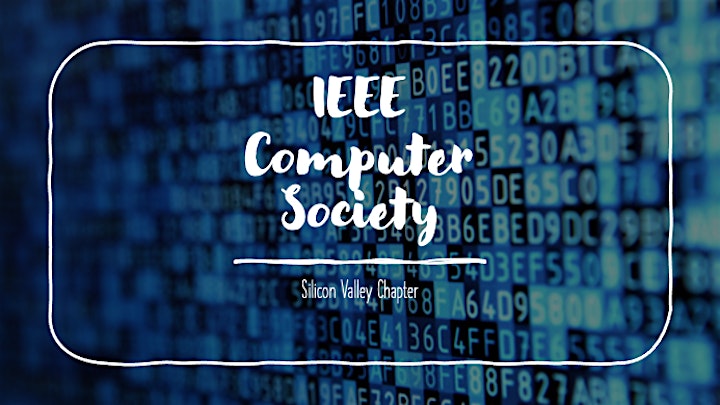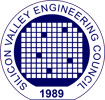
[ No need to register on Eventbrite. Instead, please register as follows:
In-Person at SEMI, Milpitas. Registration required at https://events.vtools.ieee.org/m/411486
To attend via Zoom for free, register at: https://sjsu.zoom.us/meeting/register/tZcsd-irqj4pGNL48PK8g-WjEE_O-l9-H4ye
Will also be broadcasted live on https://www.youtube.com/channel/UC4kaO4mrTxrCltxb0HalV3Q]
Ethnocentric Bias and Refugee Perception – An Eye-Tracking Study using Human-Computer Interaction
Synopsis: The talk investigates the challenges faced by refugee populations globally, emphasizing ethnocentric biases. Focusing on Syrian refugees and contrasting media coverage of the Ukrainian crisis, the talk describes how to leverage empirical research in human-computer interaction (HCI). The key goal of the project that will be discussed is to assess bias among Ukrainian and Syrian refugees using eye-tracking technology to study participants’ decision-making and analyze pupil size data. The talk will investigate whether biases observed in media portrayal of refugees can be detected through HCI research.
Keywords: Human-computer interaction, HCI, Ukrainian crisis, Syrian refugees
Speaker: Nada Attar, Assistant Professor of Computer Science at SJSU, specializes in Computer Vision, AI ethics, and HCI. She is interested in integrating AI ethics into computer science education to address bias and ethical design. Using eye-tracking, her research explores biases in refugee perception. Contributing to projects like Human-Automation Interaction and Computer Vision in Marine Science, she applies expertise in preprocessing, analysis, and classification. Attar received her Ph.D. in Computer Science from University of Massachusetts in Boston. She has a Master’s in Computer Science from Tufts University. She completed her post-doctoral fellowship at Schepens Eye Research Institute – Harvard Medical School, working on driving simulation measuring eye movement data of users.
Discovering the Nuances of Music with Machine Learning
The talk presents insights into understanding music using machine learning to analyze and categorize various aspects of music. The talk will explore how music is digitally represented using features analogous to building a fingerprint for each song. The presentation then explores various dimensionality reduction techniques for music feature analysis. The speakers present a novel approach using representation learning in lower dimensions to evaluate the efficacy of mel-spectrogram features in capturing music characteristics across diverse languages. By visualizing the features in transformed spaces, the speakers explain how insights can be gained into fine-grained attributes like vocalist timbre, gender, language, and industry prominence. Spectral and non-spectral algorithms, including PCA, t-SNE, and UMAP, are employed to analyze music datasets. The speakers’ findings demonstrate UMAP’s superior performance in discerning subtle musical nuances. The research paper that the speakers co-authored on a similar topic won the best paper award at the 10th ICMC, a Springer conference in 2024. The audience will discover how machines are learning the language of music, opening doors for new music exploration and analysis tools.
Keywords: Music mining, machine learning, spectrograms
Speaker 1: Samhita Konduri is a junior in Palo Alto High School. She is passionate about math and deep learning, and their applications in media. Apart from research, Samhita enjoys Indian classical singing, debate, and keeping up with current events.
Speaker 2: Kriti Pendyala is a freshman at University Preparatory Academy in San Jose, CA. She won 3rd place in the American Mathematics Competitions (AMC 10) in her school and is a consistent Honor Roll student. Aside from school, Kriti enjoys writing, Indian Classical dance and vocal music and is currently preparing for the exams to establish her credentials in these arts. She hopes to grow up to be a software engineer or a professor like her parents.

IEEE Computer Society, Silicon Valley Chapter


